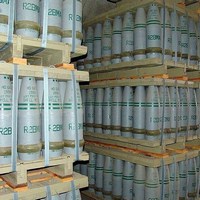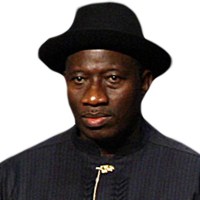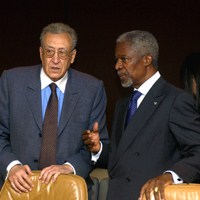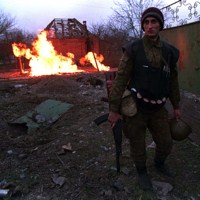
Over the weekend, Algerian President Abdelaziz Bouteflika was airlifted out of the country for treatment after suffering a mini-stroke. But while Bouteflika’s doctors said the damage to his health was reversible, their reassurance has not put an end to speculation about a potentially abrupt end to his presidency. “[This news] reminds everyone of Bouteflika’s already questionable health and so reinforces doubt concerning the appropriateness of his rumored candidacy in 2014 for a fourth term,” Hugh Roberts, Edward Keller professor of North African and Middle Eastern history at Tufts University, told Trend Lines in an email interview. “It also raises the […]
















